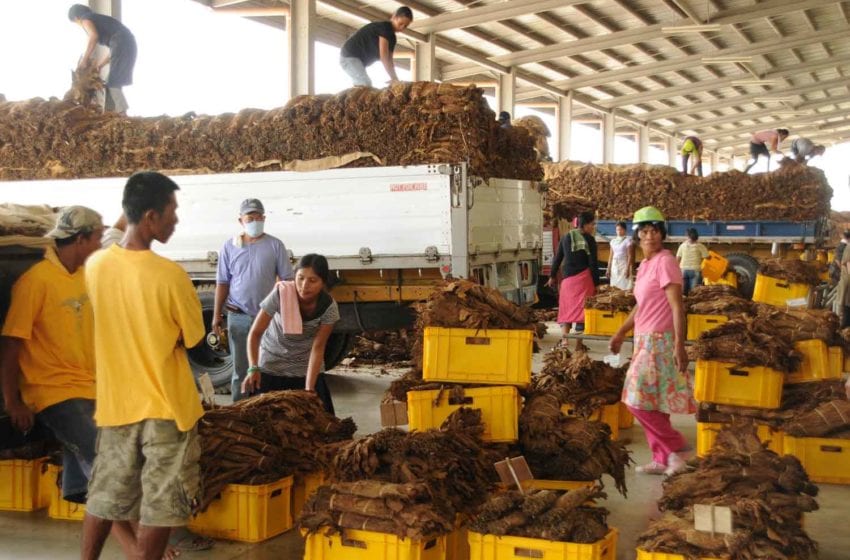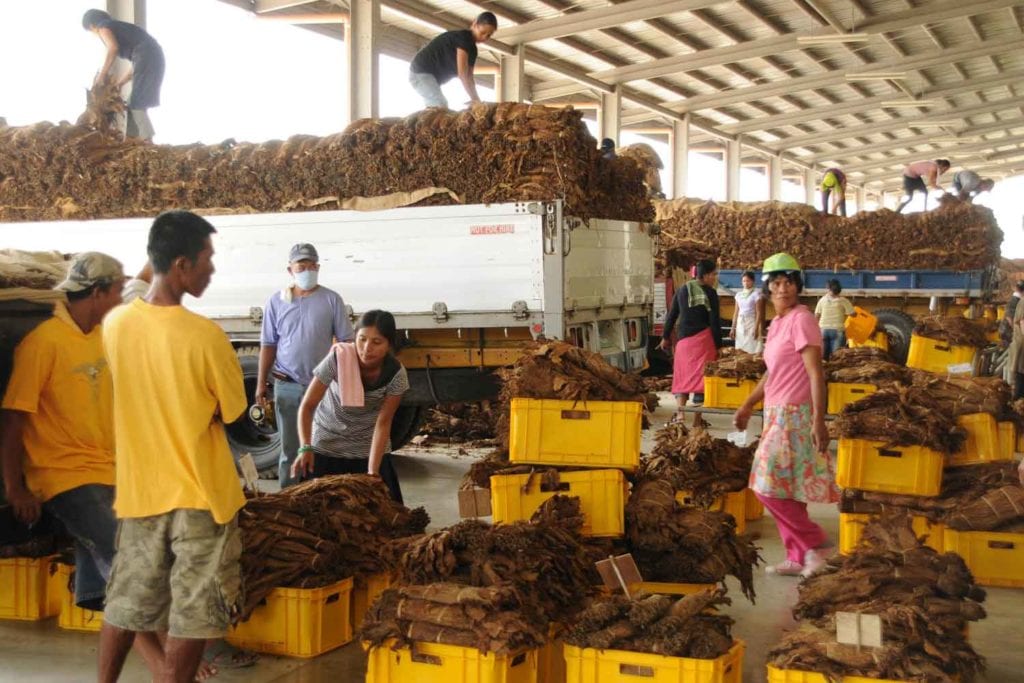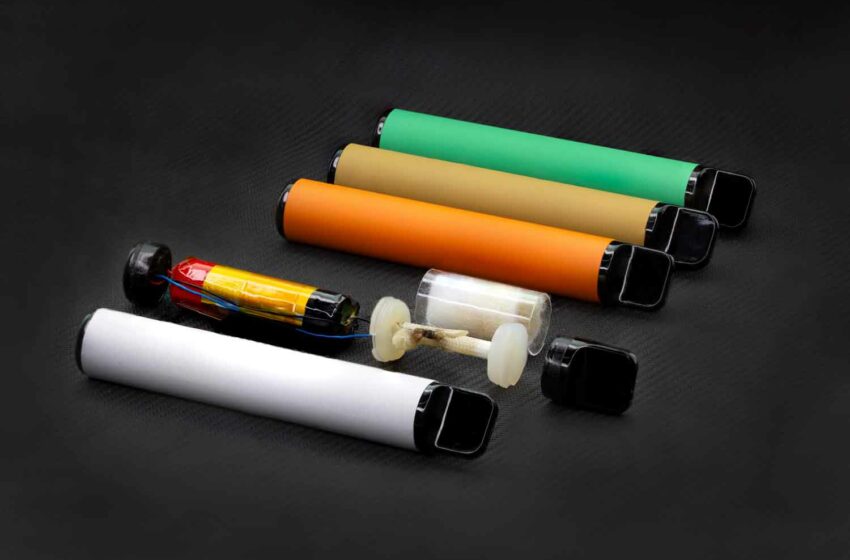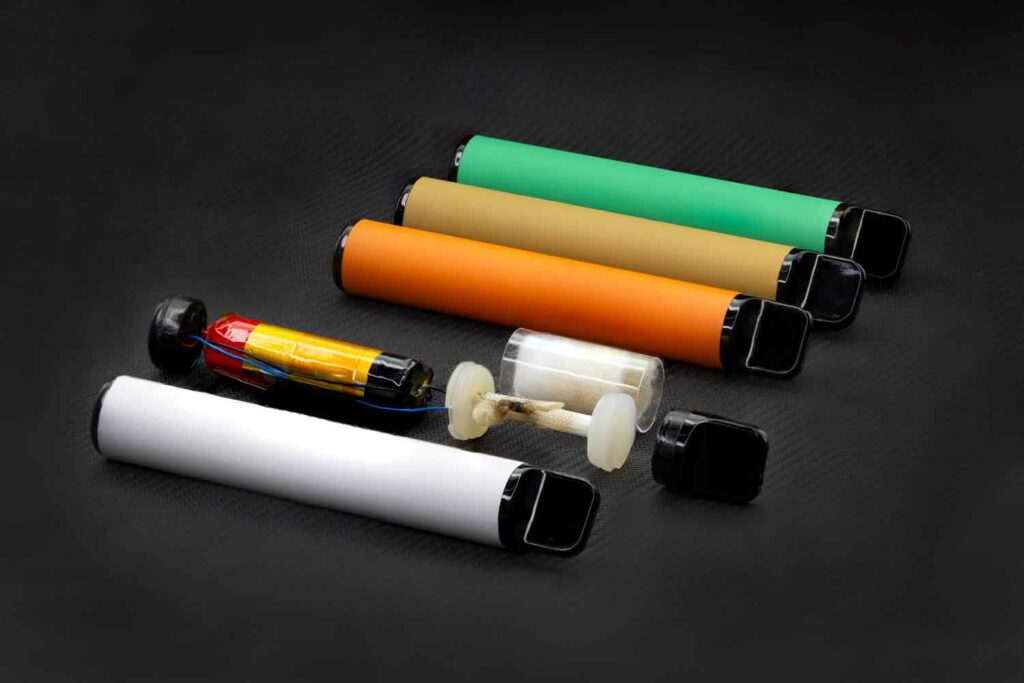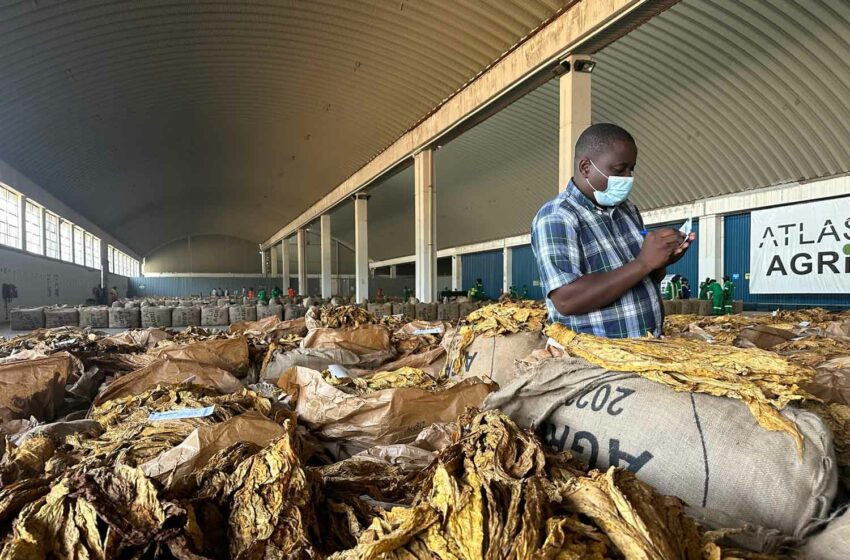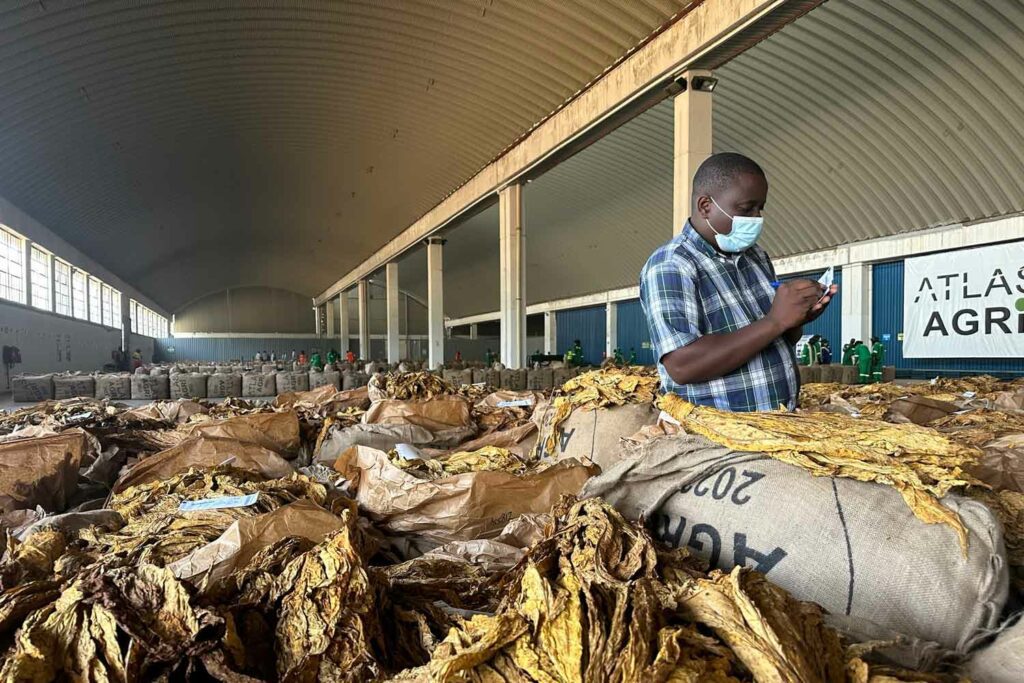
The latest briefing paper from the Global State of Tobacco Harm Reduction (GSTHR), a project from public health agency Knowledge Action Change (KAC), focuses on the remarkable shift from smoking to vaping that has taken place in the United Kingdom in recent years.
“A smokefree UK? How research, policy and vapes have cut smoking rates” explores some of the reasons behind the U.K.’s rapid and growing embrace of vaping and provides a case study showcasing the potential of tobacco harm reduction through the adoption of safer nicotine products, following KAC’s recent briefing paper on the effect heated-tobacco products have had in Japan.
One of a number of positive country profiles set to feature in the fourth biennial Global State of Tobacco Harm Reduction report, published later this year, this briefing paper shows the number of people who smoke has fallen by nearly 50 percent since the introduction of vapes nearly two decades ago (from 23.7 percent of adults in 2005 to 12.9 percent in 2022).
KAC’s newest publication also includes a significant forecast, based on the latest available data from the Office for National Statistics and Action on Smoking and Health, that reveals the number of adults who smoke will continue to fall to just over 10 percent in 2025. In contrast, the number of adults who vape will keep rising from the 11 percent recorded in 2024, meaning vaping will overtake smoking for the first time in the U.K. According to KAC, these changes provide further evidence that when consumers have access to safer nicotine products that are acceptable and readily available, they will make the decision to switch in ever-increasing numbers.
While this briefing paper, which will be available in 12 languages as well as English, tells a story of consumers leading the way by adopting a new technology in a bid to improve their health, it also showcases the impact that scientific research and proactive governments can have on public health policies, according to KAC.
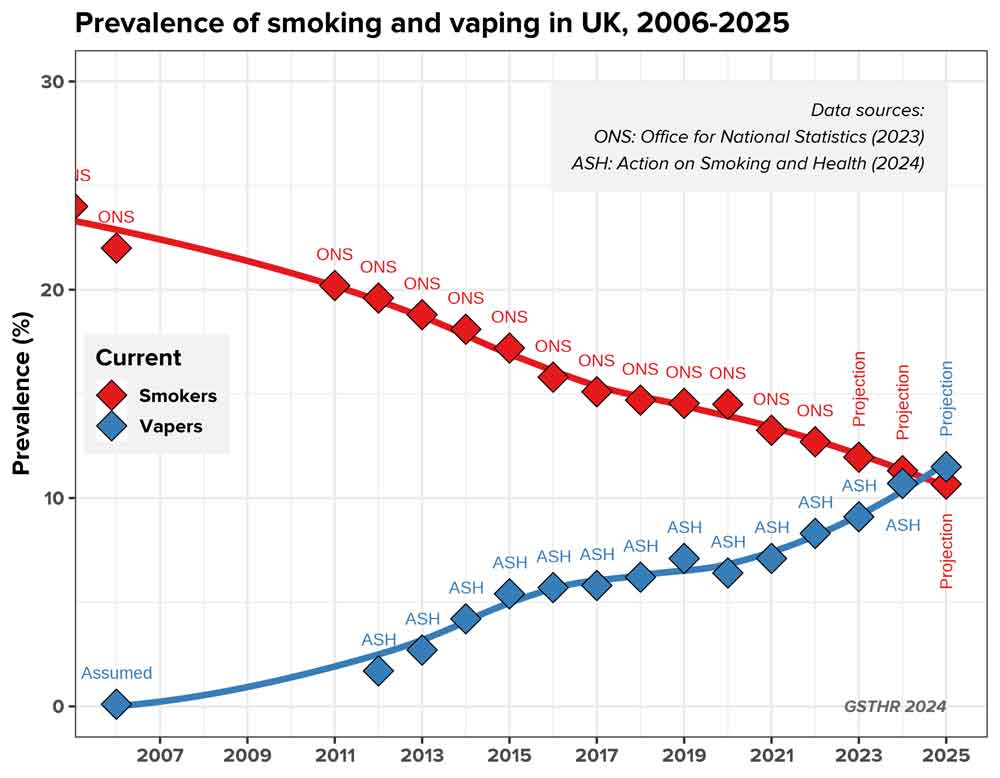
The U.K. has played host to some significant milestones in the study of smoking and safer nicotine products. The link between smoking and cancer was first established in the U.K. in 1950 and these studies led to the publication of the Royal College of Physicians’ landmark report “Smoking and Health.” It was the first to widely publicize information about the negative effects of smoking on health, and it is considered to be a turning point in the history of public health in the U.K. Moving forward to 2015, the predecessor of the Office for Health Improvement and Disparities, Public Health England, published an independent evidence review that concluded nicotine vapes were around 95 percent less harmful than smoking. Now referenced around the world as the foremost example of the relative safety of vaping, this report concluded vapes had the potential to help people quit smoking.
Armed with such strong and reliable evidence supporting the role it could play in reducing smoking rates, successive U.K. governments have continued to endorse vaping. Not only are vapes easy to access for those aged over 18, the government and the National Health Service (NHS) have encouraged people to switch from smoking to vaping. One of the most radical ideas came in 2023 when the government announced that 1 million people who smoked would be encouraged to switch from cigarettes to vapes. As part of the “swap to stop” campaign, a world-first national scheme, around one-fifth of those who smoked would be provided with a vape starter kit, alongside behavioral support, to help them quit. For its part, the NHS provides a wealth of evidence-based advice to those who smoke about the relative safety of vapes compared to cigarettes, though it does emphasize that the full benefits of vaping are only achieved by those who manage to stop smoking cigarettes completely.
“In a similar vein to that seen in Japan, the fall in smoking rates in the United Kingdom reinforces just how rapidly situations can improve when people already consuming nicotine by smoking can access a safer alternative like vapes,” said KAC Director David MacKintosh in a statement.
“When vaping overtakes smoking next year in the U.K., it will not be simply the consequence of a consumer-led revolution, although this has been significant, it will also be the result of successive governments making pragmatic policy decisions based on the evidence in front of them. Maintaining a clear focus on reducing the use of combustible cigarettes provides an opportunity to achieve the ambitious 2030 ‘smoke-free’ target.”








